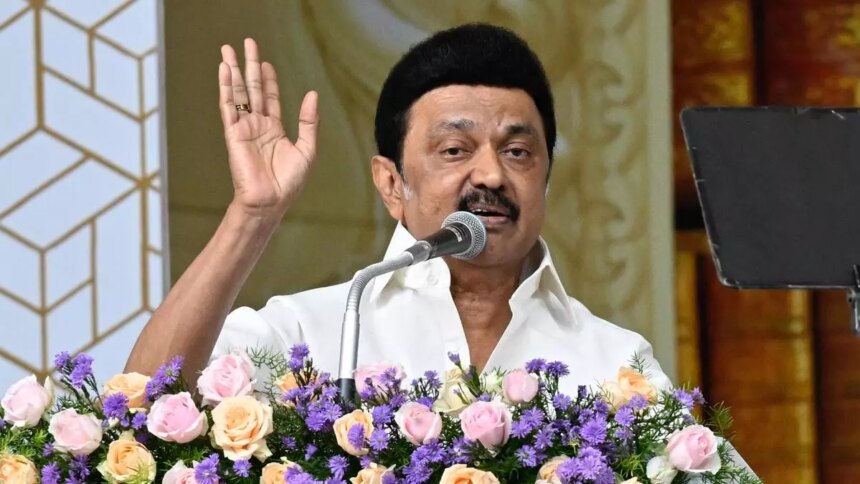Tamil Nadu is making significant strides towards achieving its goal of a $1 trillion economy by 2030, with the ruling DMK government actively securing substantial investments and implementing targeted policies throughout 2024. The state has introduced several initiatives aimed at improving the ease of doing business, and it hosted its first Global Investors Meet (GIM) this year.
In a noteworthy development, India’s well-known cement company, The India Cements Ltd, changed ownership as billionaire Kumar Mangalam Birla’s UltraTech Cement acquired the long-standing company founded by industrialist N. Srinivasan.
The GIM, held in January, garnered investment commitments totaling ₹6.64 lakh crore from numerous firms, promising to create 2.6 million new jobs in Tamil Nadu. Among the prominent investments was a ₹16,000 crore commitment from Vietnam-based VinFast to establish a manufacturing facility in the Tuticorin district, which is expected to generate around 20,000 jobs. Tata Motors also pledged ₹9,000 crore for the production of sports utility and electric vehicles in Ranipet, creating approximately 5,000 jobs in the process.
Chief Minister M.K. Stalin’s international delegations, including trips to the United States and Europe, played a crucial role in solidifying these investments. During his visit to Spain post the parliamentary elections in May, Stalin met with top industrial leaders and signed Memoranda of Understanding (MoUs) with major companies such as ROCA and Gestamp. His tour of the U.S. included discussions with representatives from 18 Fortune 500 companies, culminating in 19 MoUs that promised ₹7,618 crore in investments and the creation of 12,000 jobs in Tamil Nadu.
To promote the electric vehicle sector, the government is engaging with the state electricity board to establish charging stations along key roads and highways. Tamil Nadu currently leads the nation in electric vehicle production, accounting for nearly 40% of all four-wheelers manufactured.
With a focus on ‘distributed growth,’ the government announced plans to create mini-TIDEL Parks (TIDEL Neo Parks) in collaboration with the State Industries Promotion Corporation of Tamil Nadu (SIPCOT). Facilities will be set up in Villupuram, Karaikudi, and Tirunelveli, catering to around 500 IT professionals and featuring modern amenities like high-speed internet, uninterrupted power supply, and air conditioning. This initiative aims to extend the benefits of IT industry growth to smaller towns and rural areas.
Political analyst Sumanth Raman emphasized the need for the government to establish a public dashboard to track actual investments resulting from these commitments. He noted, “It should be straightforward to create such a dashboard, yet it has not been done. There should be a way for the public to access this data.” Raman recalled that when the DMK was in opposition, they had urged the then-AIADMK government to publish a ‘white paper’ detailing the outcomes of their Global Investors Meet.
In another significant development, the Competition Commission of India approved the ₹7,000 crore acquisition of India Cements by UltraTech, paving the way for the latter to become a subsidiary. Following the deal’s completion, Srinivasan and other board members of India Cements resigned in December.










